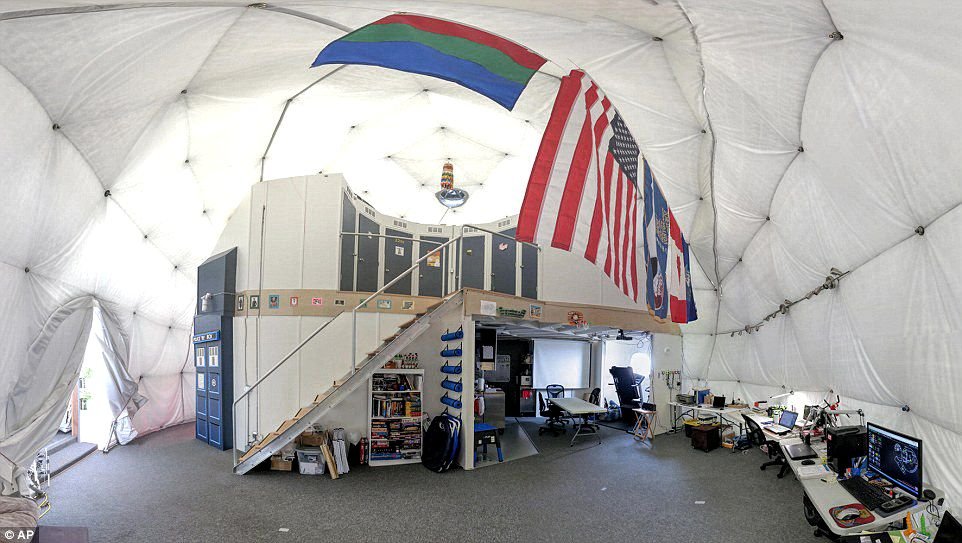Washington: Six NASA recruits have enclosed themselves in a dome near an old volcano in Hawaii to start an isolation programme that will replicate life on Mars on August 28, 2015. It is a one-year long programme that is designed to assist the U.S Space Agency, NASA in getting ready for the revolutionary mission to the red planet.
With the commencement of isolation experiment, the group has to live for 365 days without food, privacy or fresh air. The group comprises a German physicist, a French astrobiologist, and four Americans; a sol scientist, a journalist/doctor, an architect and a pilot.
All the participants will be residing in a self-contained solar-supported dome, which is six metres tall and measures eleven metres in diameter.

It is projected that the first human mission to Mars could last anywhere between one year and three years. Each member will have a desk and a small sleeping cot inside their rooms and will have to live on canned tuna and powdered cheese. They have to wear a spacesuit if they intend to move outside.
Sheyna Gifford, a scientist as well as a journalist, stated the team as a group of individuals who intend to change the world by allowing people to leave it as per their wish. She belongs to the same group and even shared a picture of her first meal on the red planet. She termed it as her first dinner in the simulated arena.
Kim Binstead, the Principle Investigator of the isolation project, said that the longer the mission becomes, the better they can assess the risks associated with space travel. He added that this mission will provide better clarity on their understanding of the psychological and social factors linked with long-duration space exploration.
Also, the project will provide robust data on how to engage and lead a flight crew involved in the real time project. NASA expects to launch the Mars mission sometime in the 2030s.
Earlier “HI-SEAS” missions have evaluated communication strategies, divergence resolution situations and the benefits and disadvantages of pre-cooked meals over crew-cooked meals.

















